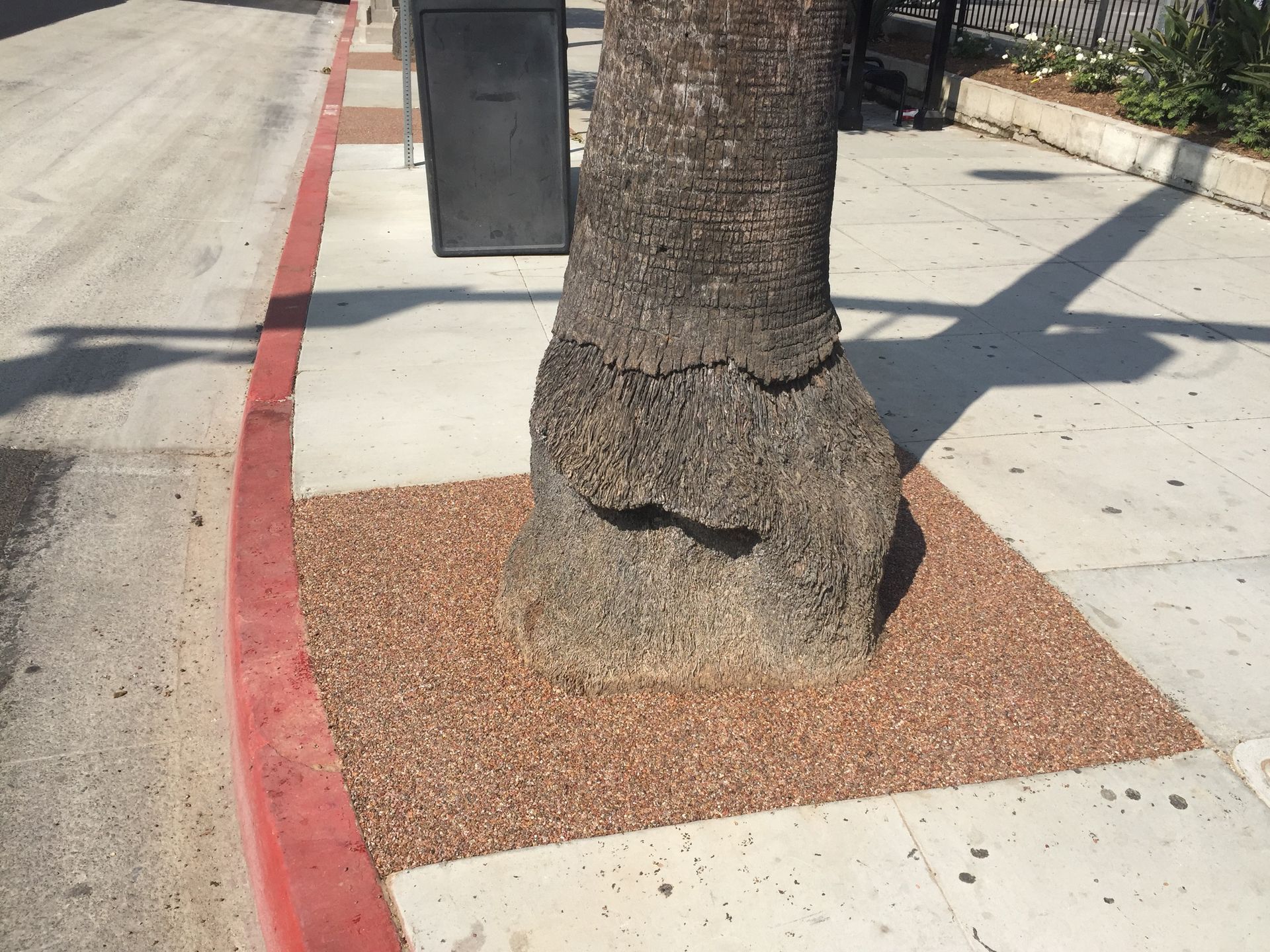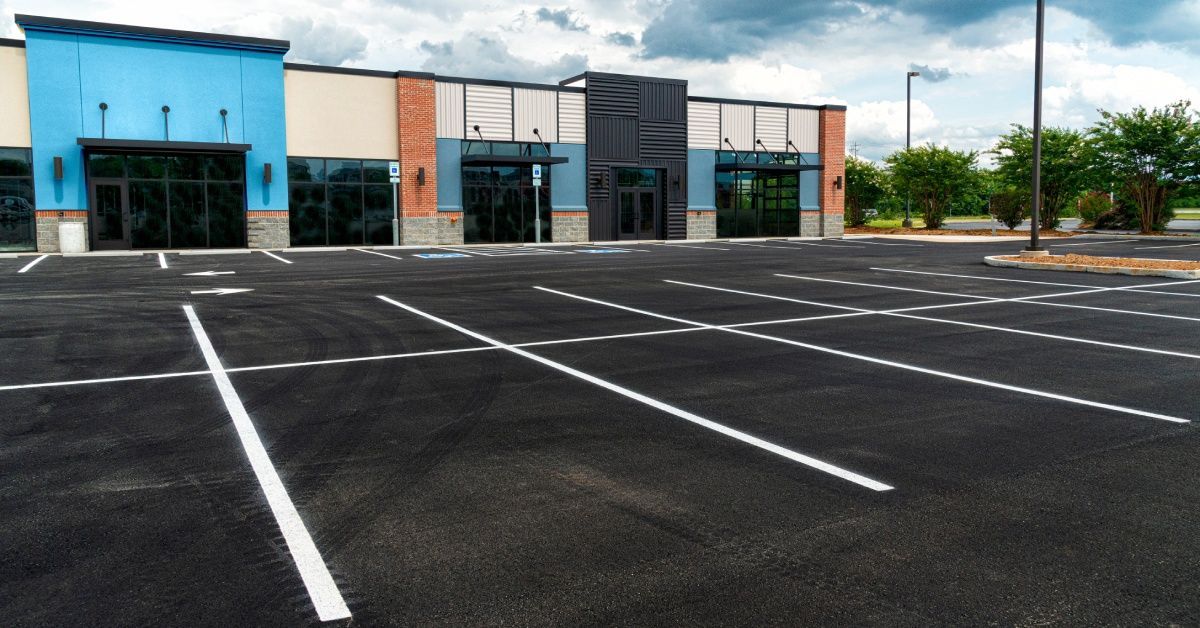The Different Types of Permeable Paving Explained
Sustainability and beauty go hand in hand with permeable paving, which is a popular choice for eco-conscious urban planners and homeowners. Traditional paving materials, such as concrete, cement, and asphalt, have their applications; however, their lack of porosity may cause runoff, flooding, and more while preventing the ground beneath them from processing, purifying, and re-releasing water into the ecosystem.
Conversely, permeable gravel and similar paving products allow water to pass through their surfaces, allowing for better stormwater management, runoff reduction, and groundwater recharging. Here are a few of the different types of permeable paving explained, especially permeable gravel and its various applications.
What Is Commercial Permeable Paving?
As pointed out, permeable paving refers to composite materials and methods that allow water to percolate through the surface, rather than run off into storm drains or the surrounding ecosystem. Permeable paving mitigates flooding and replenishes groundwater supplies. It also reduces erosion, filters pollutants, and generally diminishes the paving’s effect on the local flora and fauna. Several common materials used for permeable paving include porous asphalt, permeable concrete, and interlocking pavers. We offer and specialize in the installation of permeable gravel paving.
Permeable Gravel
Permeable gravel stands out for its amazing versatility and natural look. It is particularly effective for areas such as tree pits, footpaths, and roof gardens.
Tree Pits
Tree pits provide our leafy friends with the necessary environment to thrive, even in an urban environment. Concrete and highly packed dirt can’t compete with permeable gravel in setting up tree pits. Tree pits permit:
- Permeable gravel allows rainwater to reach the roots, promoting healthier growth.
- Permeable gravel stabilizes the soil around the tree, preventing erosion and giving the tree more solid footing, so to speak.
- Permeable gravel filters out many pollutants before they reach the roots, causing sickness and stunted growth in trees.
- Permeable gravel also looks better than concrete, asphalt, stone, or dry and dusty dirt, adding beauty to the surroundings.
Footpaths
Permeable gravel makes heavily trod upon pathways durable, functional, and environmentally friendly:
- Permeable gravel eliminates pooling, reduces puddles, and makes pathways safer and more comfortable to walk on.
- Our team can easily shape and contour permeable gravel to fit your landscape and ensure it blends in well with its surroundings.
- Permeable gravel is easy to maintain and only needs raking and replenishment.
Roof Gardens
Roof gardens present green spaces amid blank concrete spaces. Elevated gardens look best with permeable gravel and offer:
- Lightweight paving material that is safe and suitable for rooftops.
- Its porosity permits efficient water retention and drainage, which is essential for plant health.
- Temperature regulation, keeping rooftop gardens cool in summer and warm in winter.
Those are some of the different types of permeable paving explained, with a special focus on permeable gravel. Commercial permeable paving offers numerous environmental and practical benefits including aesthetics, durability, and sustainability. It also presents a versatile and eco-friendly option for everyone, from homeowners to gardeners to urban planners. Ready to take the next step? Contact us for a consultation!











